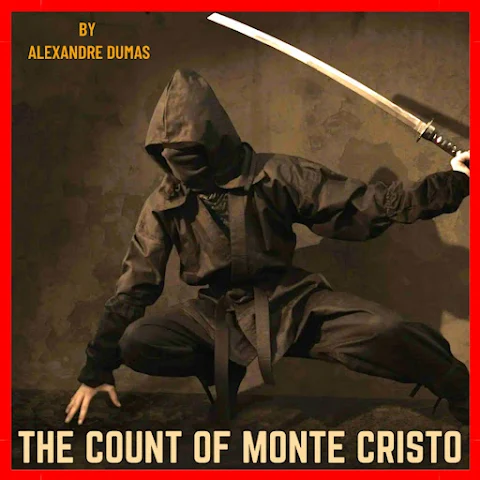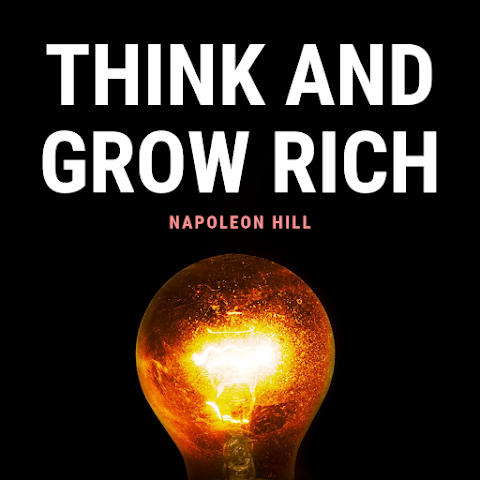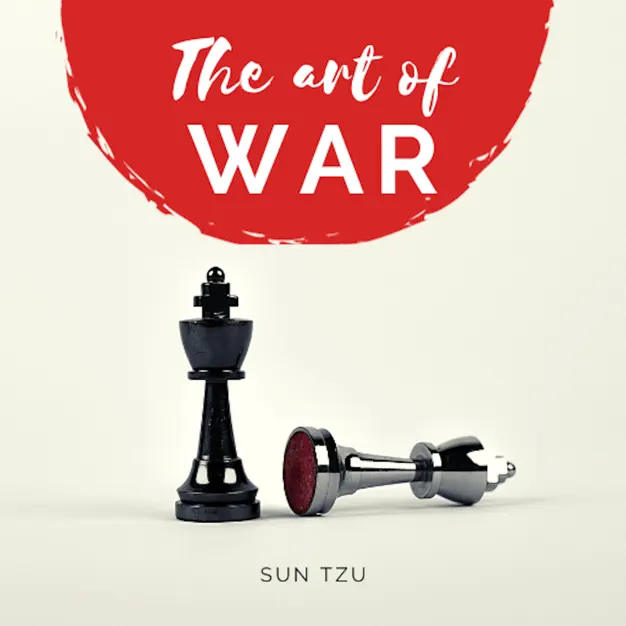Alexandre Dumas' masterpiece "The Count of Monte Cristo" presents one of literature's most compelling explorations of revenge and justice. Through the transformation of Edmond Dantès into the Count of Monte Cristo, readers are forced to grapple with profound questions about morality, divine intervention, and the thin line between vengeance and justice.
The Price of Revenge
As noted by many Goodreads reviewers, the novel's central question isn't simply about revenge, but about its cost to the avenger. One reviewer poignantly observes that "even after he had got his revenge, Dantès suffered more than anyone in this tale." This suffering isn't just physical or temporal - it's deeply spiritual and psychological.
Divine Justice vs Human Vengeance
A particularly insightful review points out how "Dantès believes he is the angel of god and that he has been freed from prison so he can do god's will by punishing these evil men." However, as the story progresses, he begins to question whether any man can actually be the angel of god, or if it's a sign of mania to think you can know god's will.
"All we can do is try to live the best life we can and not decide who deserves to be punished or even ruined." - Cynthia, Goodreads Reviewer
The Complexity of Justice
The novel raises uncomfortable questions about justice in an imperfect world. When good people suffer while the wicked prosper, what recourse do they have? The Count's elaborate revenge schemes aren't simple acts of violence - they're carefully orchestrated plans that mirror the sophisticated conspiracy that destroyed his life.
Modern Resonance
The theme of revenge in "The Count of Monte Cristo" continues to resonate with modern readers. As one reviewer notes, while forgiveness might be considered a virtue, there's something universally compelling about watching someone who was wrongfully imprisoned methodically expose and punish those who betrayed them. This tension between moral ideals and human nature helps explain why the novel remains relevant after nearly 180 years.
Conclusion
Perhaps what makes "The Count of Monte Cristo" such a timeless exploration of revenge and justice is that it offers no easy answers. While Dantès achieves his revenge, the novel leaves readers to wrestle with whether the price was too high - both for him and those he punished. In an age of social media justice and cancel culture, these questions are more relevant than ever.



